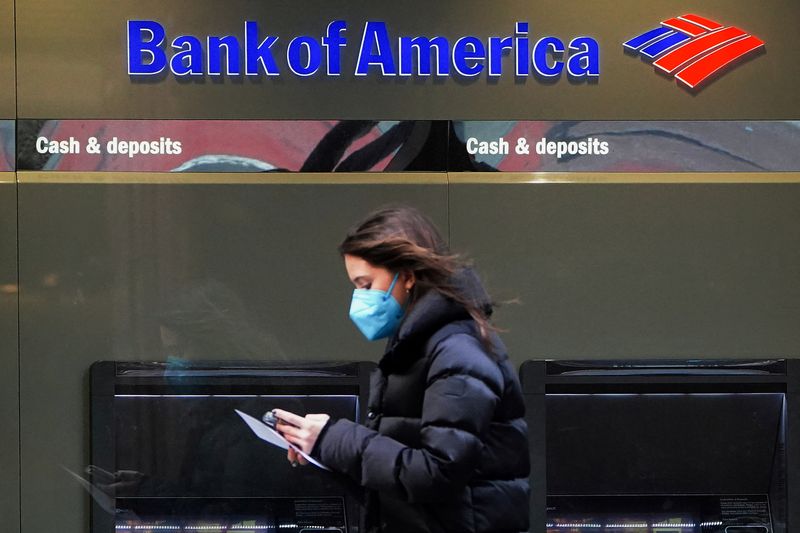TSX futures inch lower after index closes at new all-time high
Investing.com -- Yesterday, Bakkt Holdings, Inc. (NYSE:BKKT) faced a significant challenge as the company disclosed that its principal partners, including Bank of America and Webull, decided against renewing their agreements. This decision is expected to result in Bakkt losing approximately 74% of its revenue derived from cryptocurrency services, which translates to a loss of around $1.2 billion. The company has a history of unprofitability that has persisted over the years.
Ningi Research, which had previously declared a short position on Bakkt stock, expressed a bleak outlook for the company’s future. According to Ningi, Bakkt Holdings is unlikely to file a 10-K report again. The research firm’s stance is based on a combination of Bakkt’s current situation and market dynamics that have evolved since their previous report.
On January 29th, Ningi Research had already taken a bearish position on Bakkt, suggesting that the stock’s value was artificially inflated. The firm referenced Bakkt’s stock price surge in November, which saw the share price leap from roughly $11 to over $35, following a Financial Times article hinting at a potential all-share acquisition. Ningi attributed this spike to acquisition rumors, which are now believed to be no longer viable due to a partnership between Trump Media & Technology and Charles Schwab (NYSE:SCHW), thus diminishing the likelihood of a takeover of Bakkt.
Furthermore, Ningi pointed out that despite a favorable environment for retail cryptocurrency trading last year, which led to soaring revenues, Bakkt failed to achieve profitability. This was highlighted as a concern, given that the company could not capitalize on the favorable market conditions to turn its financial situation around.
Ningi’s report and Bakkt’s recent announcement regarding the non-renewal of key partnerships have cast a shadow over Bakkt’s financial prospects. The research firm’s decision to maintain a short position on Bakkt stock reflects their anticipation of further decline in the company’s share price, potentially returning to levels seen prior to the acquisition speculation.
This article was generated with the support of AI and reviewed by an editor. For more information see our T&C.
